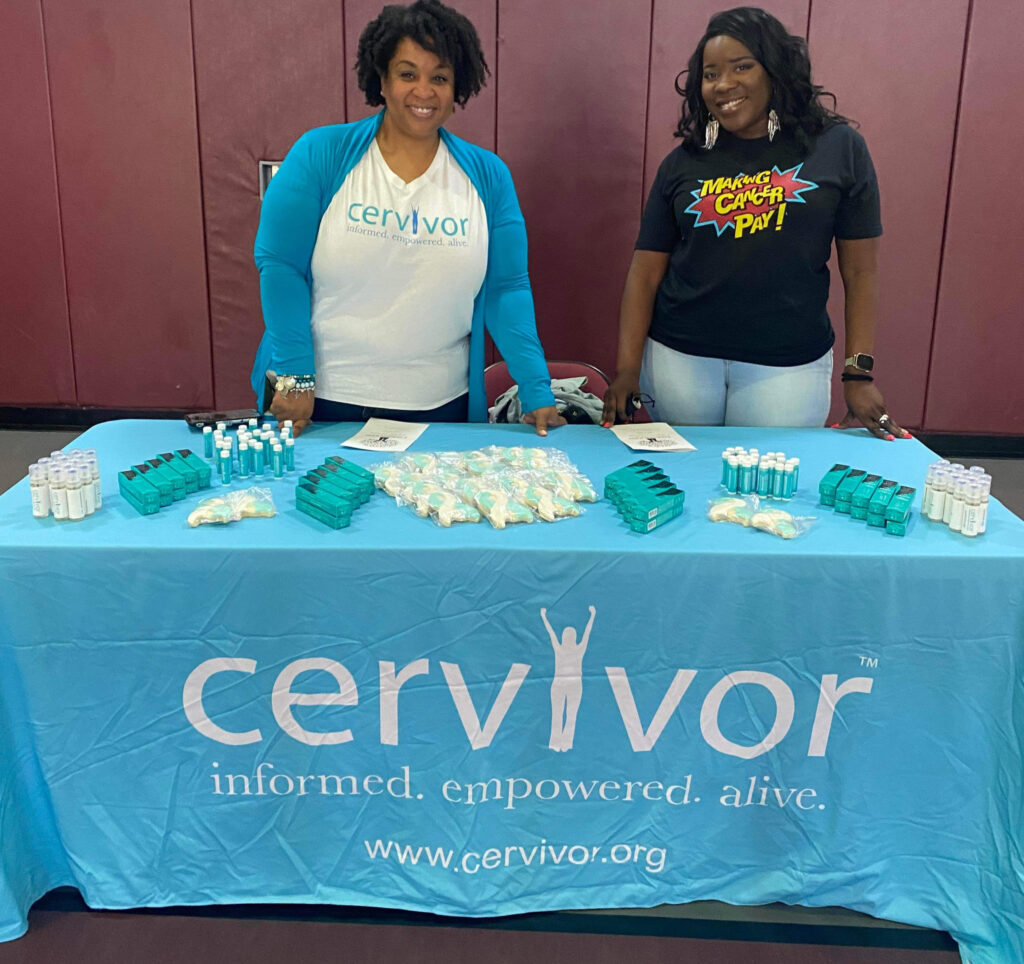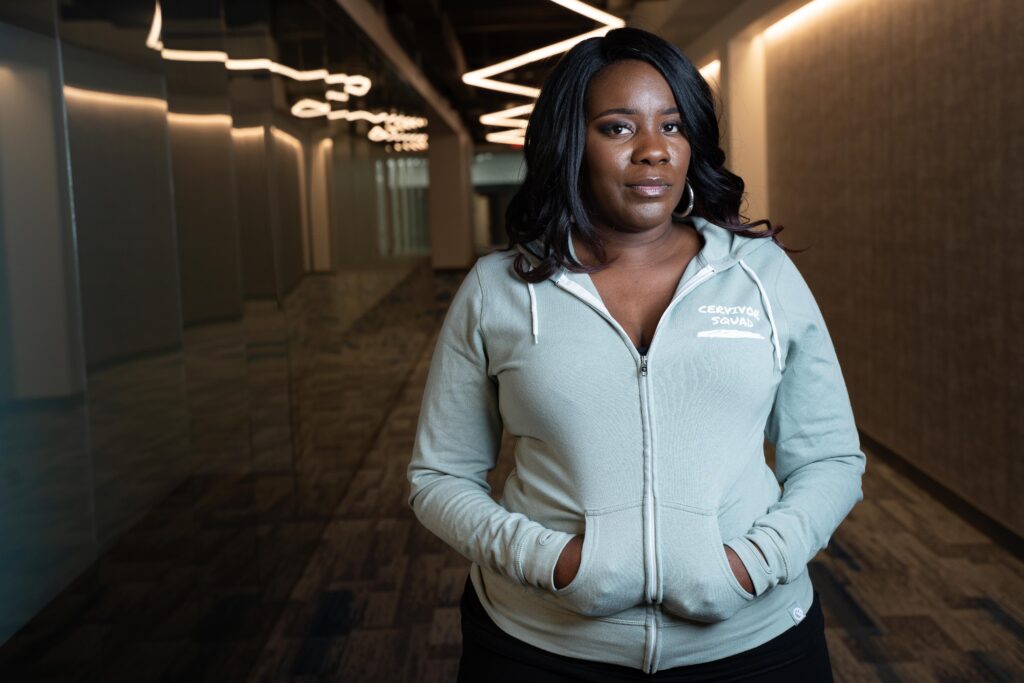Preoccupied much? It happens. Especially when caring for yourself and others, mourning loved ones, slogging through a global pandemic, and attempting to check off all of the things from your personal and professional to-do list. Because we were quarantined and protecting ourselves, we probably missed a few important benchmarks, library books that may have been due, or our annual dentist appointment may have fallen off the calendar. We know first-hand that everything simply can’t be done. But Cervivor does want to help you prioritize the following three things before summer’s out. (Don’t worry, you’ve got two more months to go!)
1) Stay up-to-date on screenings.
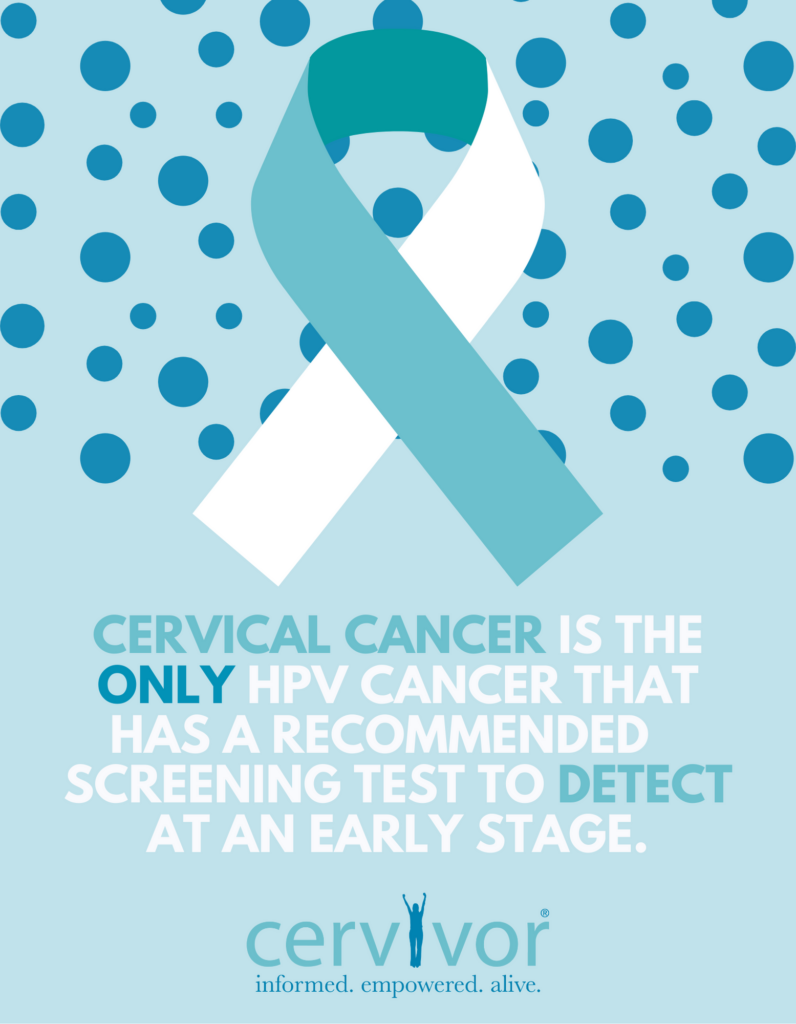
Did you know? Anyone with a cervix is at risk for cervical cancer. Each year, 14,100 individuals will be diagnosed and 4,280 will die as a result of cervical cancer. This disease is the only type of cancer caused by HPV that can be detected early by a recommended screening test. It is also highly curable when found and treated early. Knowing this we will continue to share information on risks, prevention, treatment, and resources.
Not sure of what guidelines to follow? Check out the American Cancer Society’s cancer screening guide, schedule your appointment, and have this meaningful conversation with your doctor.
2) Share YOUR story with others.
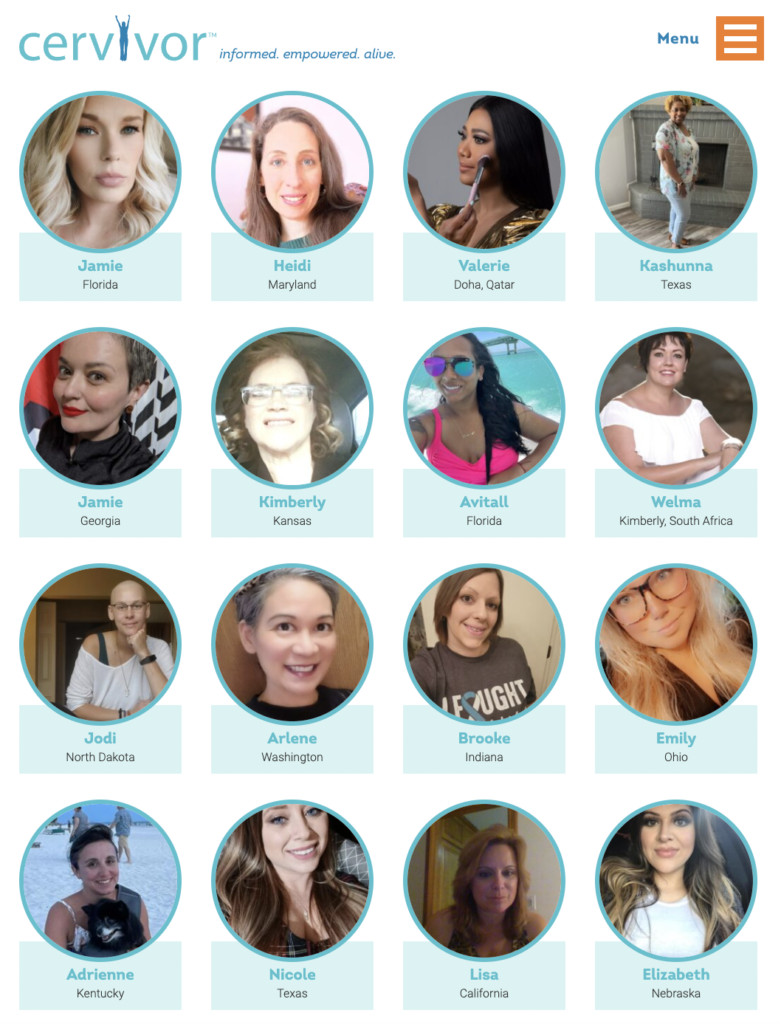
Your Cervivor story is unique. It helps others to feel seen. And it helps us feel heard – when we are ready to use our voice, of course. Sharing your story is also a crucial aspect in educating the public, caregivers, medical professionals, and even those funding cancer research.
Seeing and hearing your lived experiences amplifies what others, too, may be going through and helps to further research, offers a personal accounting of what cervical cancer looks like, and most importantly – empowers us more and more to thrive. Take a look at these beautiful testimonies, and consider sharing yours with Cervivor.
3) Start vaccinations early.
According to the June American Cancer Society 2021 HPV VACs Impact Report, about 3 to 4 million HPV vaccine doses were missed. “ACS health care partners maintained rates for 9- to 13-year-olds, growing shot series initiation by 2 percent for ages 9 to 10 and shot completion by 2 percent for age 13.”
Cervivor is happy to partner with organizations like St. Jude’s HPV Cancer Prevention Program, the American Cancer Society, and the National HPV Roundtable (to name a few)- all of which continue to help prevent HPV by increasing HPV vaccination rates for this age group. HPV vaccination can prevent more than 90 percent of these cancers if given at the recommended ages.
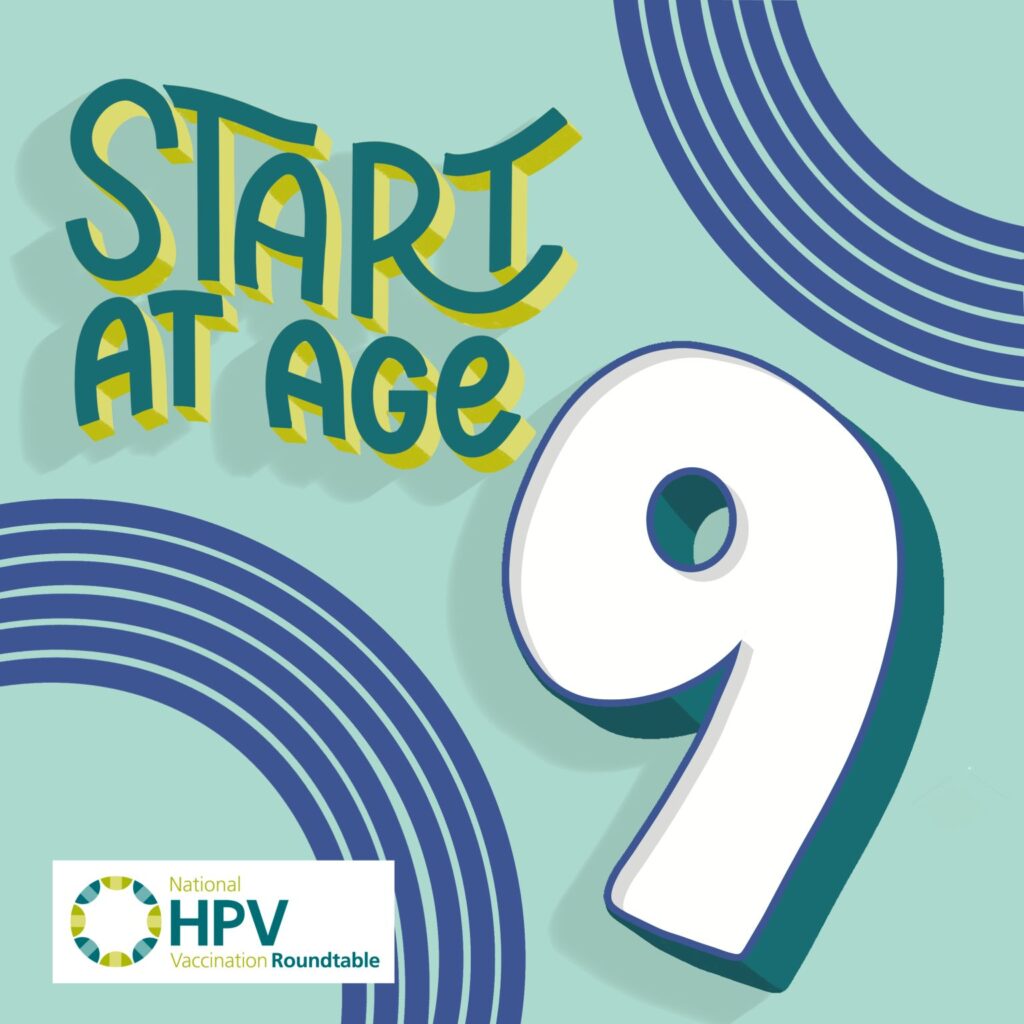
Our new mantra is “start at 9.” Giving a strong recommendation for the 9-year-olds in our lives will increase vaccination success, according to the National HPV Roundtable. When we take our young people to health providers at age 9, it provides ample time to complete the HPV series before age 11, which is when they receive their Tetanus, Diphtheria, Pertussis (Tdap) and Meningococcal (MenACWY) vaccines. More than 75% of U.S. parents have chosen to protect their children from HPV cancer with the HPV vaccine.
Since August is National Immunization Awareness Month, let’s raise that number even more! Together we can end cervical cancer, once and for all!
Take a look at how survivors in our community have shared their stories and are making a difference:
- International HPV Awareness Day 2022 with Kimberly Williams
- Parent to Parent with Chellese Parker
- St. Jude’s No Longer Invisible with Tamika Felder and Karla Chavez
- Cervivor TV: Meet Michelle Whitlock
- Cervivor TV: Remembering Laura Brennan
- Cervivor TV: Remembering Lisa Moore
Need some additional help in prevention messaging? Take a look at the resources in this toolbox created by the National HPV Roundtable, and share with your networks, friends, and families. This impacts everyone, and with your support, we can change the course of cancer.
